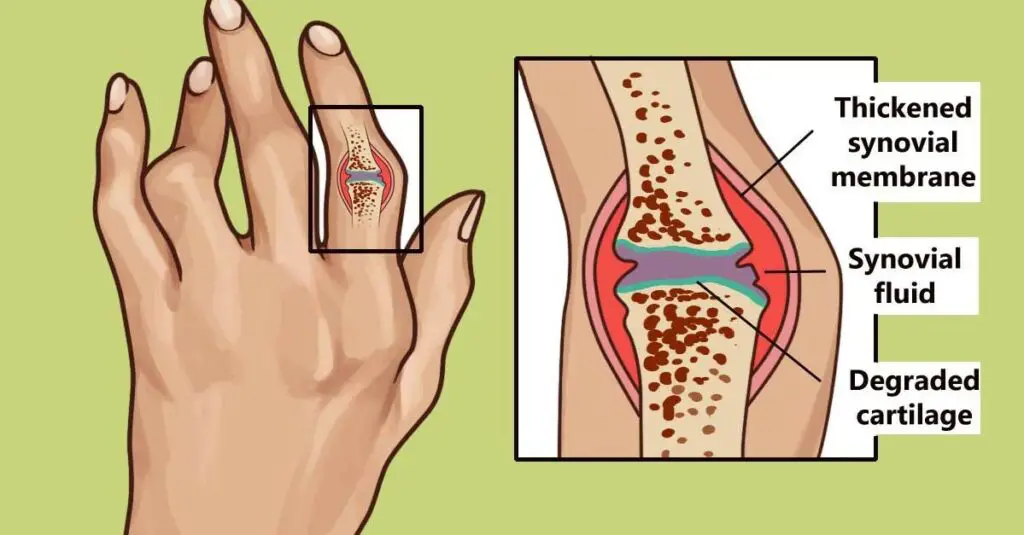Navigating the murky waters of a toxic parental relationship can feel like an endless storm in an uncharted sea. Whether due to unresolved issues from childhood, ongoing patterns of emotional or psychological abuse, or a fundamental mismatch in values, many adults find themselves struggling to maintain a healthy bond with their parents. In this comprehensive guide, we will explore ten actionable strategies for fostering a relationship with a toxic parent that, despite its challenges, can offer insights, healing, and perhaps even growth for both parties.
1. Understanding Toxicity Without Blame
The first step in dealing with a toxic parent is to understand what ‘toxic’ means. It can encompass a variety of behaviors such as manipulation, gaslighting, or constant criticism, which can be emotionally draining and detrimental. It’s essential to recognize these behaviors without placing blame, which only serves to perpetuate the negative cycle.
By examining the roots of toxicity often stemming from the parent’s own unaddressed trauma or struggles, you can start to build a bridge of empathy without condoning harmful actions. This perspective shift allows for a more nuanced approach to the relationship and can relieve the burden of resentment that adult children often carry.
2. Setting Boundaries
Boundaries are imperative in any relationship, but they are especially crucial in toxic ones. Setting and communicating clear boundaries with your parent can help create a space where the relationship can exist without the direct exchange of toxicity.
This means being assertive about what you will and will not tolerate, and following through with consequences when those boundaries are crossed. It’s a powerful way to protect your emotional well-being while still holding onto the possibility of connection.
3. Communication Strategies
Effective communication is a cornerstone of any functional relationship. In a toxic parental relationship, your approach to communication can make the difference between perpetuating toxicity and paving the way for positive change.
Honing your active listening skills, using “I” statements, and maintaining a neutral tone, can help diffuse confrontations. Additionally, choosing the right moments—ones where both you and your parent are calm and receptive—can maximize the chance for understanding and connection.
4. Finding Common Ground
Despite significant differences, most parent-child relationships have some common ground. It might be shared interests, cultural heritage, or even just common experiences that can serve as a foundation for connection.
Actively seeking out and nurturing these commonalities can create positive interactions that outweigh the negative ones. Focusing on these shared aspects helps to humanize the relationship, reminding both parties of the love and understanding that exists beneath the strife.
5. Practicing Compassion
Practicing compassion is not about excusing harmful behavior, but about acknowledging and understanding the humanity of the person behind the toxicity. This means recognizing that your parent, like any individual, is a complex product of their experiences and circumstances.
Cultivating a compassionate attitude can soften the emotional barriers and pave the way for a more forgiving and empathetic relationship. It can also provide a model for your parent to follow, possibly shifting the dynamic over time.
6. Seeking Support
Dealing with a toxic parent can be isolating and overwhelming. Seeking support through therapy, support groups, or trusted friends can offer you a safe space to process your experiences and gather strength.
Support can also come from within your family if there are individuals who understand and empathize with your situation. Building a network of support is crucial in maintaining your well-being as you work on the relationship with your toxic parent.
7. The Role of Forgiveness
Forgiveness is a complex and deeply personal process, particularly in the context of a toxic parental relationship. It’s not about forgetting or condoning the past, but about releasing the power that history has over you.
In some cases, forgiveness may involve direct communication with your parent, while in others, it may be an internal process. However it unfolds, understanding the role of forgiveness and its potential benefits can be a profound step in healing.
8. Self-Reflection and Growth
Engaging in regular self-reflection can provide valuable insights into your responses and behaviors within the parent-child dynamic. It can help you identify patterns, triggers, and areas where you might be contributing to the toxicity.
Self-reflection also opens the door to personal growth. As you work on yourself, you become better equipped to handle challenging interactions with your parent. This growth can lead to a more empowered and less vulnerable position within the relationship.
9. Managing Expectations
One of the most significant challenges in toxic relationships is managing expectations. It’s important to be realistic about what you can expect from your parent in terms of change, growth, and the capacity for a healthy relationship.
By setting reasonable expectations, you set yourself up for less disappointment and frustration. You also open the door to being pleasantly surprised when your parent exceeds those expectations, rather than being continually underwhelmed.
10. Knowing When to Walk Away
Knowing when to walk away from a toxic parental relationship is perhaps the most difficult decision an adult child can face. It often follows extensive efforts to heal and reconnect, and is always a deeply personal, last-resort choice.
Before making this decision, it’s important to thoroughly consider the overarching impact the relationship is having on your life, your mental health, and your other relationships. Though painful, walking away can be the most powerful way to protect yourself and to potentially inspire a parent to face their own demons.
Final Thought
A relationship with a toxic parent is never easy, but it’s not necessarily beyond repair. By taking a proactive and thoughtful approach, you can find ways to foster connection that is both realistic and rewarding. Remember, your well-being is paramount, and any effort you choose to invest in the relationship should aim to benefit all parties involved.








